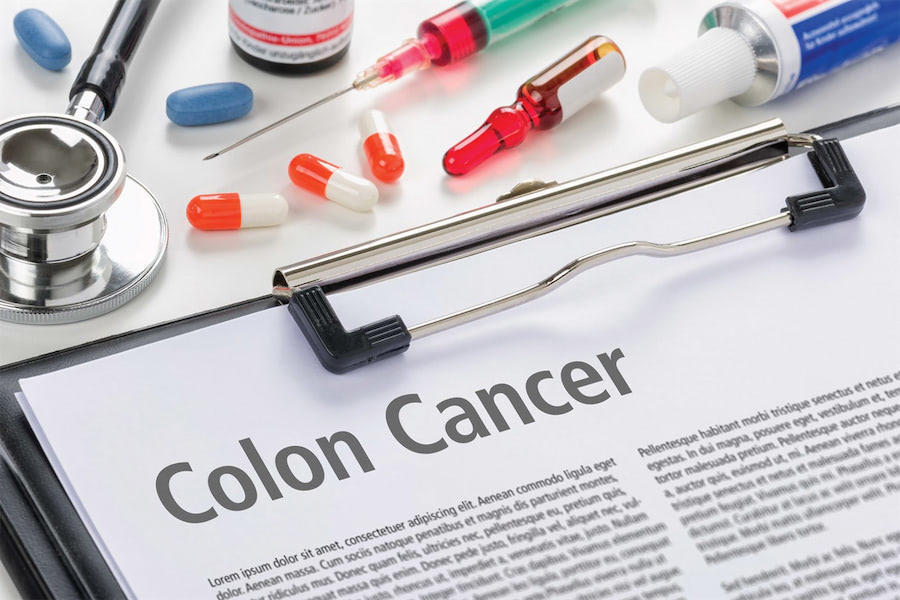
Colon Cancer: Understanding the Impact of Smoking and Recognizing Symptoms
Colon cancer, a form of cancer that starts in the colon or rectum, is among the leading causes of cancer-related deaths worldwide. While various factors contribute to its development, smoking is increasingly recognized as a significant risk factor. Understanding the symptoms of colon cancer is crucial for early detection and effective treatment.
The Impact of Smoking on Colon Cancer
Smoking tobacco is a well-established risk factor for numerous cancers, including colon cancer. The harmful substances in tobacco smoke can lead to direct damage to the colon's lining or may indirectly increase cancer risk through the development of polyps, which are precursors to colon cancer. Smokers are known to have a higher likelihood of developing colon cancer than non-smokers, and the risk increases with the duration and intensity of smoking. Smoking also affects the prognosis of those diagnosed with colon cancer; smokers often have a higher chance of recurrence and a lower survival rate compared to non-smokers.
Recognizing Symptoms of Colon Cancer
Immediate recognition of colon cancer symptoms can greatly improve the outcome for individuals diagnosed with the disease. Key symptoms often include changes in bowel habits, such as persistent diarrhea or constipation, a feeling that the bowel doesn't empty completely, and rectal bleeding or blood in the stool. Other common signs are abdominal discomfort, such as cramps, bloating, or pain, unexplained weight loss, fatigue, and a sudden decrease in appetite. It is important for individuals to consult a healthcare professional if they experience any of these symptoms, as early detection is paramount for effective treatment.
Prevention and Risk Reduction Strategies for Colon Cancer
To mitigate the risk of developing colon cancer, adopting a lifestyle that includes regular screening, a healthy diet, and physical activity is crucial. Screening tests like colonoscopies can detect polyps and cancer at an early stage when treatment is most effective. A diet high in fruits, vegetables, and whole grains, combined with the avoidance of red and processed meats, can reduce risk factors. Furthermore, engaging in regular physical activity is shown to lower the chance of colon cancer. It is also advisable for individuals to limit alcohol consumption and quit smoking to further diminish their risk.
Recognizing the Symptoms of Colon Cancer
Colon cancer can present a variety of symptoms, and in many cases, symptoms may not appear until the cancer has progressed. Common symptoms include:
- Changes in Bowel Habits: This includes persistent diarrhea or constipation and a change in the consistency of stool.
- Rectal Bleeding or Blood in Stool: Any occurrence of bright red or very dark blood in the stool should be discussed with a healthcare provider.
- Persistent Abdominal Discomfort: Symptoms like cramps, gas, or pain that do not go away.
- Feeling of Incompleteness: A sensation that the bowel does not empty completely after a bowel movement.
- Weakness or Fatigue: Unexplained weakness and fatigue can be signs of colon cancer.
- Unintended Weight Loss: Losing weight without trying can be a symptom of various conditions, including colon cancer.
Conclusion
Understanding the link between smoking and colon cancer is essential, as it underscores the importance of smoking cessation for cancer prevention and overall health improvement. Early detection of colon cancer significantly increases the chances of successful treatment, making awareness of its symptoms vitally important. Regular screenings, such as colonoscopies, are recommended for early detection, especially for those at higher risk, including smokers. If you experience any persistent changes in your bowel habits or other symptoms associated with colon cancer, it's important to consult a healthcare provider promptly. Early intervention can lead to a better outcome and potentially save lives.
